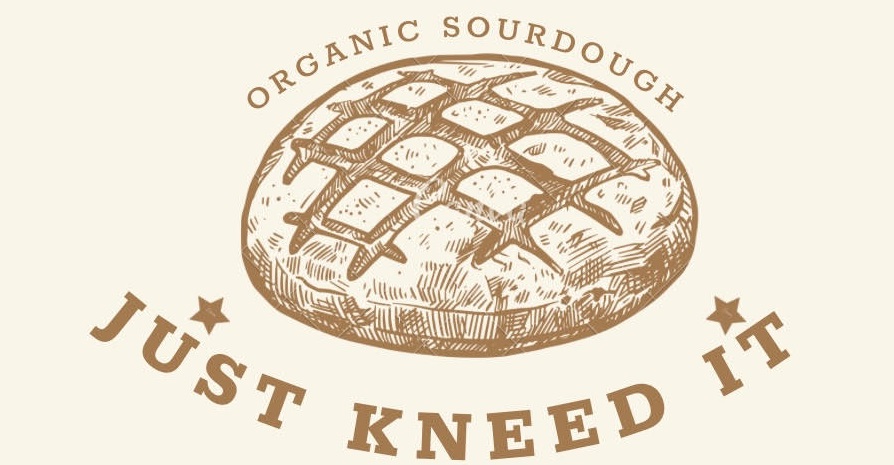Sourdough Vs. Regular Breads
Sourdough breads are healthier due to a natural fermentation process, which increases nutrient availability, makes it more digestible, and reduces added sugars. However, be aware that not all sourdough bread is created equal—always check the ingredients and choose organic options when possible.
Regular bread can be unhealthy due to its refined flour, added sugars, and artificial preservatives. It’s important to be mindful of these factors when shopping for bread and to consider healthier alternatives like sourdough.
Frequently Asked Questions
What makes sourdough healthier?
Sourdough bread is considered healthier because of its natural fermentation process, which makes it more digestible and nutrient-rich than regular breads. Additionally, it contains less added sugar and fewer processed ingredients.
Why is regular bread unhealthy?
Regular bread can be unhealthy due to its refined flour, high added sugars, artificial preservatives, and high-calorie content. Consuming it in large quantities can contribute to weight gain and an increased risk of chronic diseases.
What’s the advantage of organic flour?
Organic flour is considered healthier as it’s free from synthetic pesticides, fertilizers, and GMOs. This means that the grains used to make organic flour are not exposed to potentially harmful chemicals often present in conventional farming practices.
Why isn’t most sourdough bread organic?
Most sourdough bread isn’t made with organic flour because it’s more expensive and harder to obtain than non-organic flour. Some bakers may also feel that the type of flour doesn’t affect the flavor and texture of their bread.
